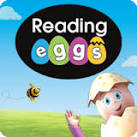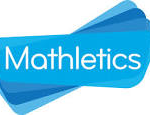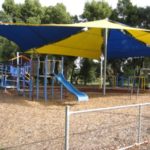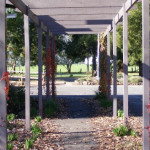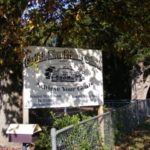We believe in the following statement:
Our school is a welcoming school and we believe in people getting on, whether it is staff with staff, teachers with students, or the students among themselves.
Nobody gives of their best unless they feel valued and wanted – so that’s where our educational philosophy begins.
Social development is as important as academic development and what doesn’t get noticed in assessment, we hope gets reflected in our Value Add work and in students’ records of achievement.
Of course, some students have lots of problems at home and though we obviously can’t solve all of those we can’t just ignore them either.
OUR SCHOOL
It’s a caring school and the staff is cared about as well as the students.
Carlisle River’s remote community fully recognizes the importance of the school to their child’s development and the special benefits that can be provided by a small and supportive, family oriented educational environment. The staff have a strong commitment to small school education, providing a stimulating and positive multi-aged, learning environment to cater for the varying needs, abilities, talents and interests of all students. The welfare of each student is of paramount importance at Carlisle River Primary School. The school’s small size, its close community links and the strong and genuine commitment to educator ‘duty of care’ by the teachers, ensures a safe, nurturing school environment in which all students are carefully supervised and cared for.
Carlisle River Primary School is a small, remote rural school with an average enrollment of 10 students. The teaching staff consists of a full time Principal/teacher, 0.8 Early years’ teacher and visiting specialists; Art Van, Library Van, author visit and an Indonesian teacher. The school has continued its strong community support and all family members have the opportunity to be involved in activities and programs
The development and enhancement of each student’s Literacy and Numeracy skills has remained the major curriculum focus, with the implementation of Victorian curriculum across all strands of learning, a comprehensive, integrated curriculum is delivered within a multi-age F-6 learning/teaching environment which supports collaborative, cross age & independent learning, individualized tuition and immediate intervention. Integrated units of study, routine incorporation of ICT, specialized programs in Art, Library, P.E and the excursion program, expands and enhances students’ learning and their social , cultural, interpersonal and physical development.
The FISO priority that we concentrated on in 2019 was focused on excellence in teaching and learning. To enable this, we adopted two initiatives:
• Building practice excellence: teachers, principals and schools will work together, and
• Curriculum planning and assessment: schools will embed a culture of curriculum planning, and assess the impact of learning programs, adjusting them to suit individual student needs.
A number of key improvement strategies were used to enable these initiatives. They included ongoing assessment tests, the implementation by our teachers of the Victorian Curriculum, a focus on writing and spelling, and maths by involving “I can statements” for all levels of the F-6 Victorian Curriculum
To Improve the learning growth and achievement of every student
Online testing completed as per assessment schedule for maths, reading, spelling and vocabulary. Data was analysed and this enabled teachers to enhance their teaching and implement best practice. . Staff identified good practices from observation visits. Moderated writing was undertaken with other small schools and this enabled staff to plan and implement individual writing goals for all students. Moderation of similar tasks with Alvie & Forrest Primary Schools built into the schedule of moderation. PLC – CAFe all staff are working with Deb Surkana.
Building a stimulating learning environment that engages and challenges students in their learning and foster positive well being in every individual.
Students were given the opportunity to interact with other students from different schools – Lavers Hill, Alvie & Forrest schools.
Students articulated their learning at Parent/Student/teacher interviews…student led conferences
Strengthen communication and partnerships with parents and the wider community.
Breakfast program has been successful – this will continue in 2020
We have engaged parents to be actively involved in their child’s learning by having formal meetings with parents held twice a year to review student progress and learning plans (Parent/Teacher/Student interviews) – Students created their own learning portfolio and displayed at interviews
All funds received from the Department, or raised by the school, have been expended, or committed to subsequent years, to support the achievement of educational outcomes and other operational needs of the school, consistent with Department policies, School Council approvals and the intent/purposes for which funding was provided or raised.





